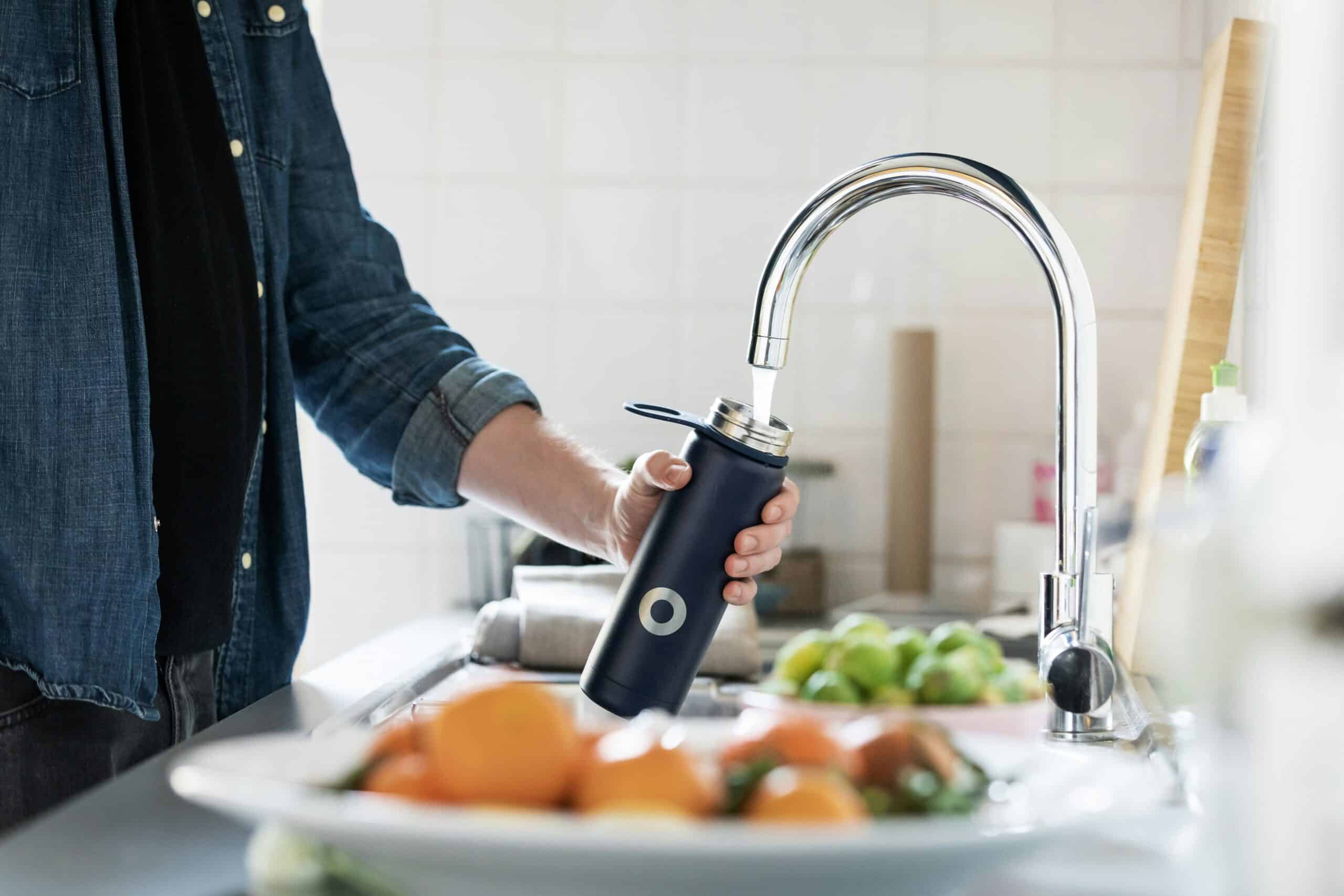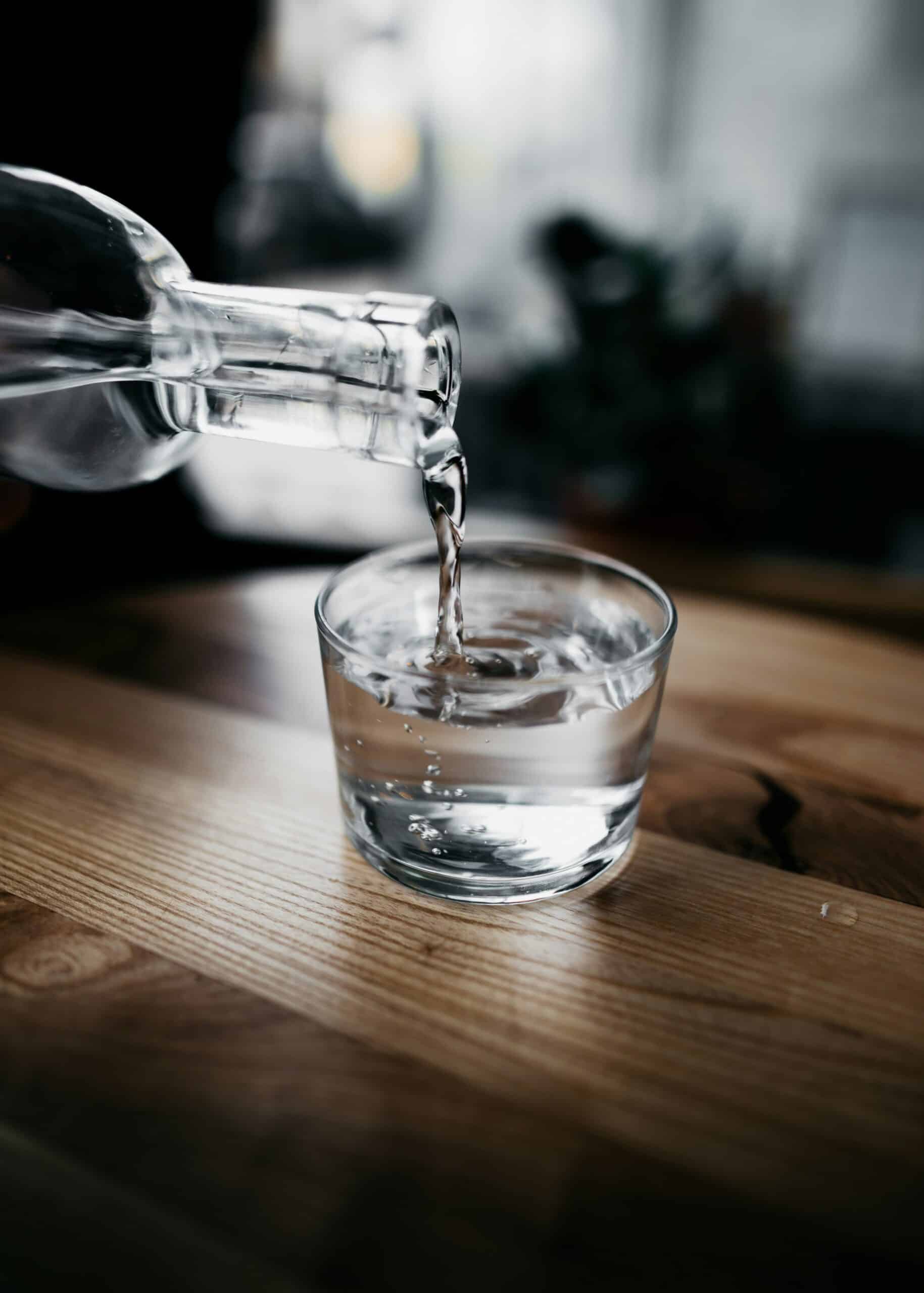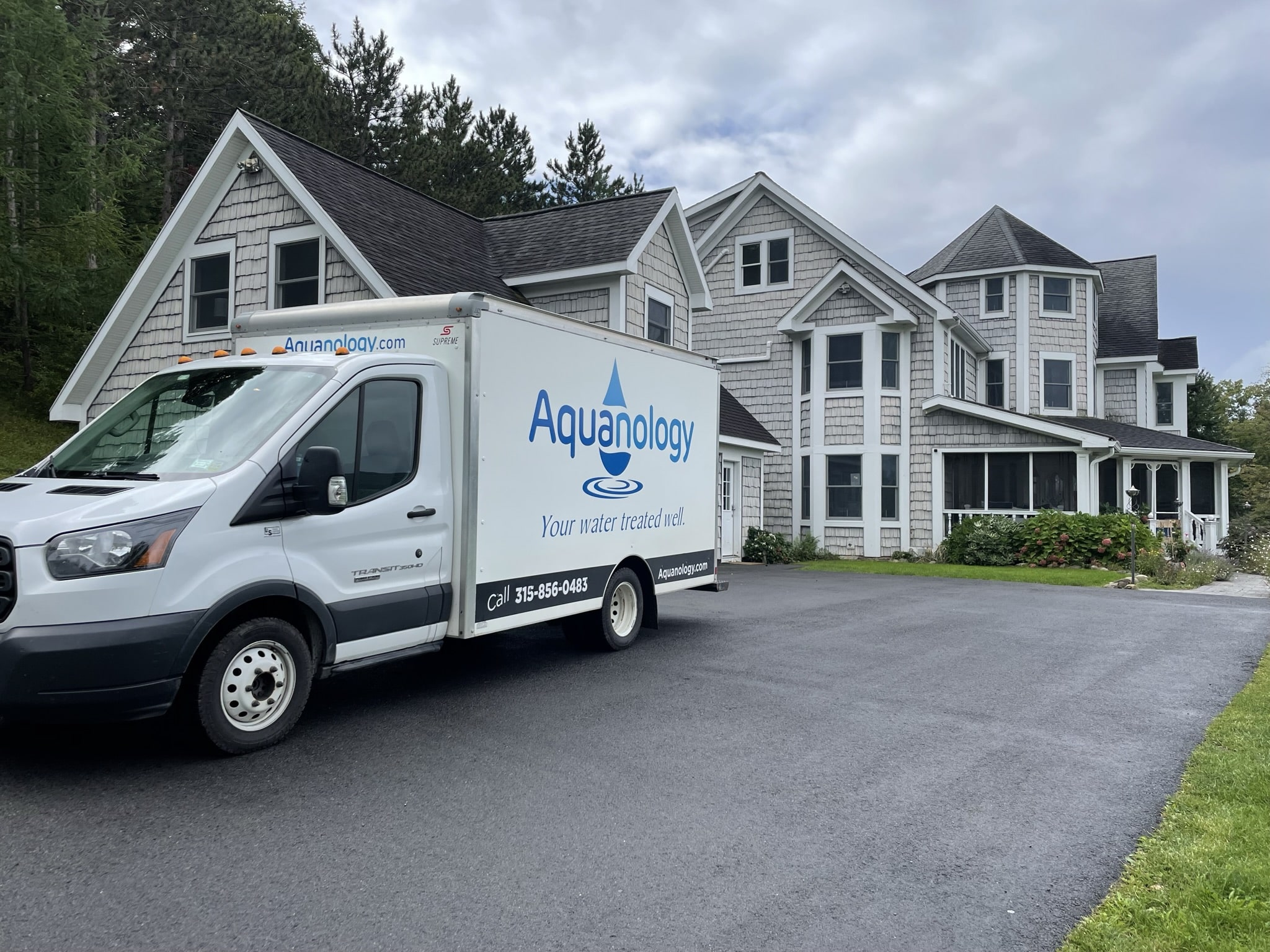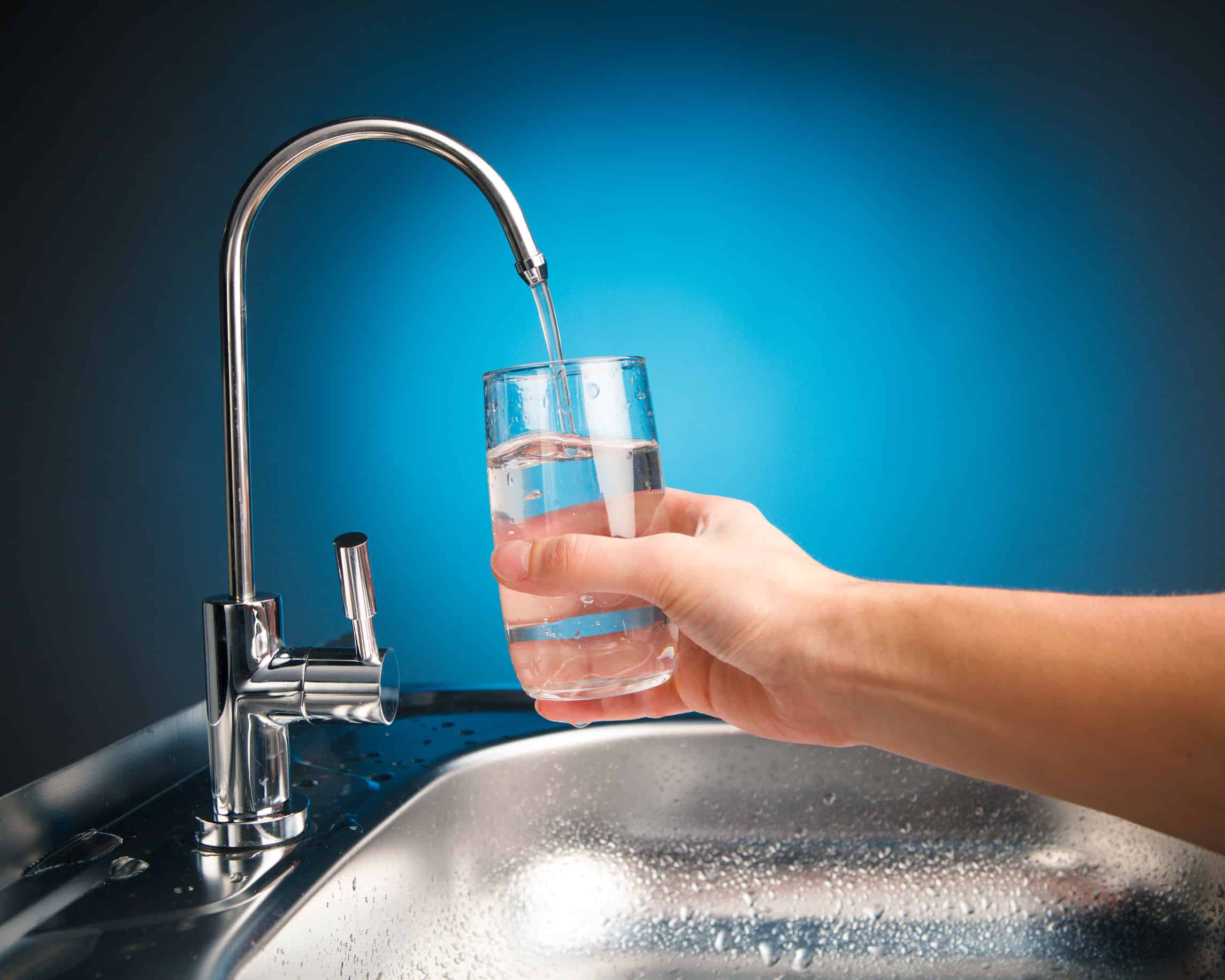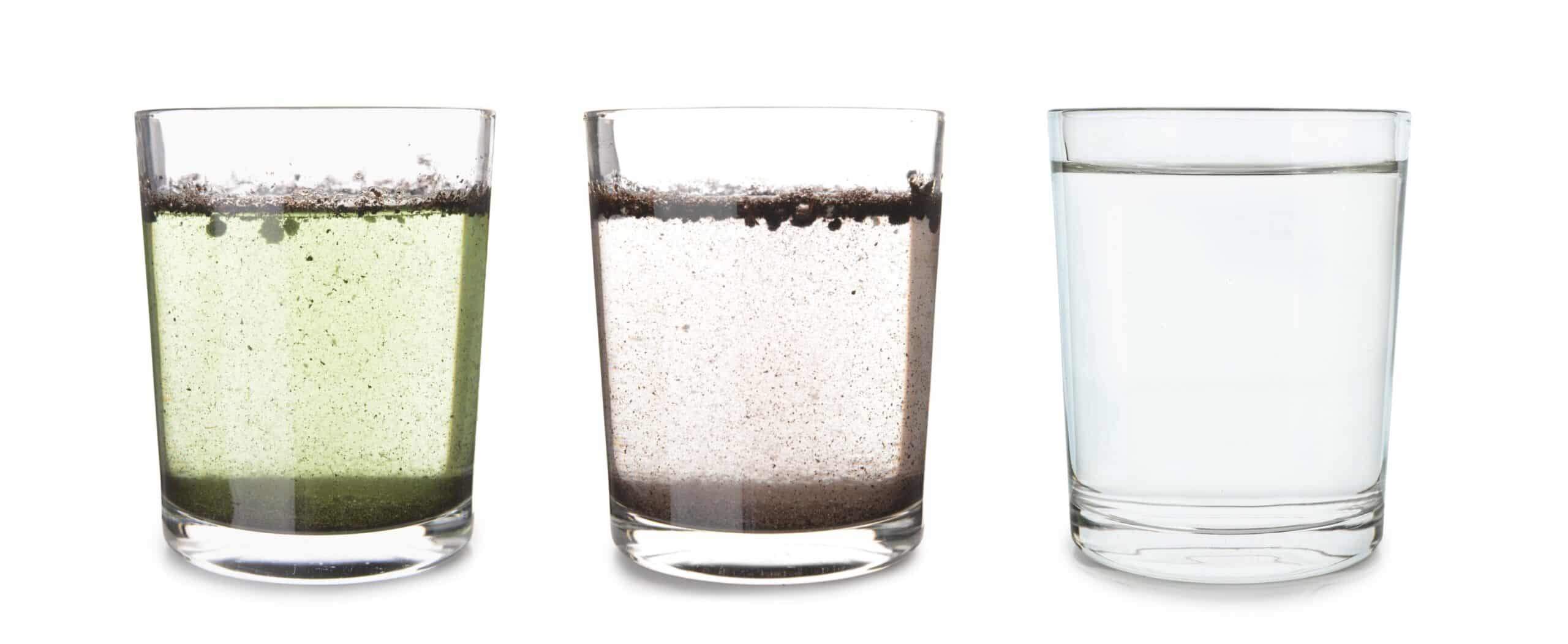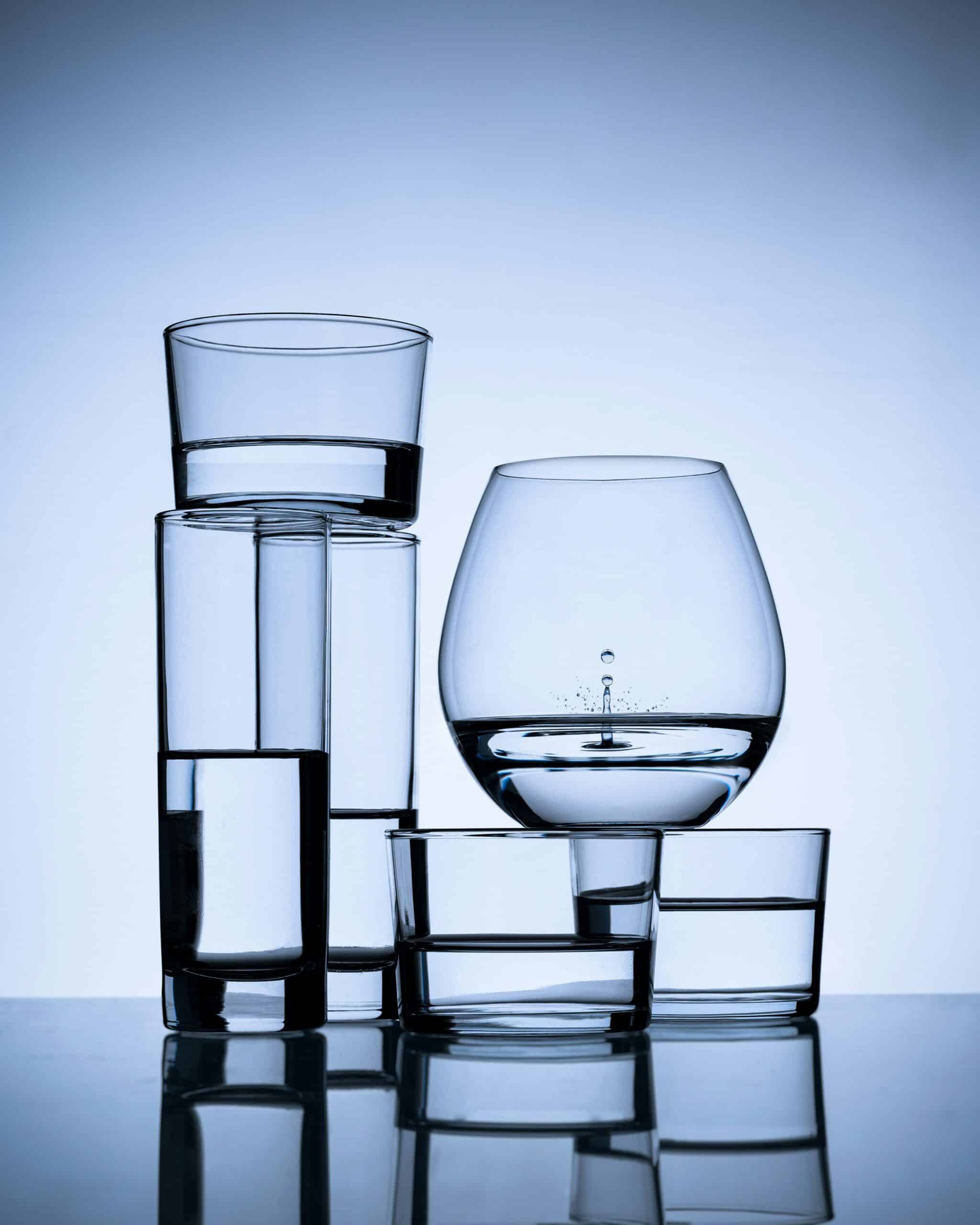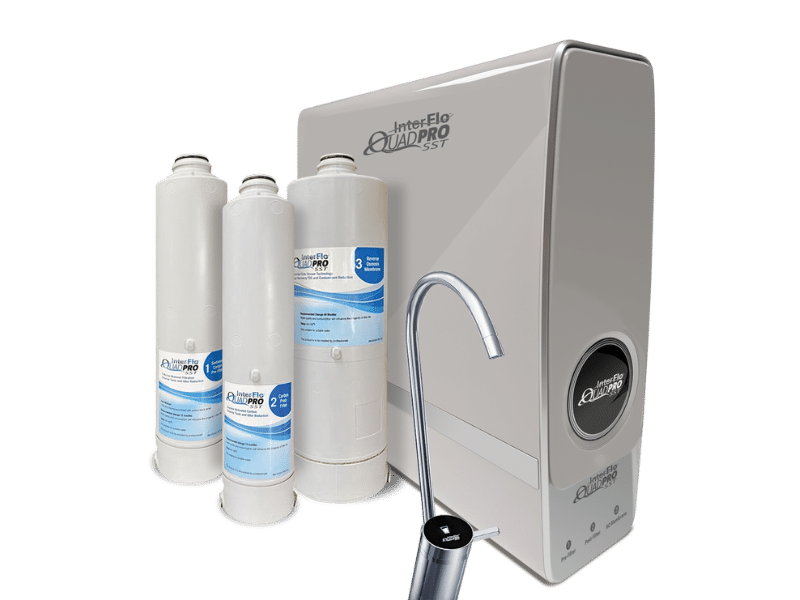“What is hard water, and how can I tell if water is soft or hard?” If you find yourself asking this question, you’re in the right place. Many homeowners live in areas with hard water without realizing it. We all encounter hard water, often without realizing it. Hard water manifests as spots on glassware or as a white, chalky residue on faucets and showerheads. But what is hard water, and how is it formed?
Hard water is created when rainwater, which starts off soft, seeps through soil and rock layers and absorbs minerals like calcium and magnesium ions from limestone, chalk, or gypsum. This process is similar to a sponge soaking up minerals as it moves through the earth. The more minerals the water absorbs, the “harder” it becomes. According to a geological survey, hardness levels depend on the mineral content in your local water supply and the surrounding rock formations.
By the time this mineral-rich water reaches your home, it carries extra calcium or magnesium, which can affect water quality, water pressure, and even the lifespan of your plumbing and appliances. Here are seven common signs that indicate your home might have hard water, and how a water softener can help restore balance.
1. Mineral Buildup on Faucets and Showerheads
Have you noticed a white film or chalky residue on your faucets, showerheads, or sinks? This buildup is caused by mineral deposits from calcium carbonate and magnesium. When water evaporates, these minerals remain behind, creating a crust that’s difficult to remove. Over time, buildup inside a water pipe can restrict water flow and lower water pressure, causing long-term plumbing issues.
A water softener removes these hardness minerals, helping preserve fixtures, improve water quality, and reduce cleaning time. You’ll also notice fewer stains and a smoother surface finish on metal and glass.
2. Spots on Glassware and Utensils
If your dishwasher leaves cloudy spots or streaks on dishes, you’re likely dealing with hard water. These marks are from mineral deposits left behind after evaporation. In homes with soft water, detergents rinse cleanly, leaving glassware sparkling. Softened water eliminates the need for extra rinse cycles and helps maintain a polished, spot-free shine.
3. Ineffective Soaps and Cleaners
One of the most visible effects of hard water is reduced soap lather. Hard water reacts with soap to form soap scum, a sticky residue that clings to sinks, tubs, and skin. This means you use more soap or detergent just to achieve normal results. Over time, soap scum can leave dull films on bathroom surfaces and even clog drains.
A water softener improves how soap and shampoo lather, leading to better cleaning, less product waste, and softer water quality overall. You’ll find you need less detergent, and your skin feels cleaner and smoother after washing.
4. Appliance and Water Heater Malfunctions
Appliances that rely on hot water, such as dishwashers, washing machines, and water heaters, are especially vulnerable to hard water damage. Minerals accumulate inside these appliances, forming thick layers of calcium carbonate scale that interfere with heat transfer and reduce efficiency.
As scale builds, it forces appliances to work harder, leading to higher energy bills and shorter lifespans. Even cold-water appliances like toilets can develop leaks or faulty seals from mineral corrosion. A water softener protects your water heater and other appliances by removing hardness minerals, helping extend their service life and preventing avoidable repairs.
5. Decreased Water Heater Efficiency
The effects of hard water on a water heater can be costly. When levels of calcium and magnesium are high, they settle as mineral deposits on heating elements and tank surfaces. This buildup acts like insulation, making it harder for the heater to warm water effectively.
A study found that homes with hard water use about 25% more energy to heat water compared to homes with soft water. That’s similar to driving a car with underinflated tires—it still works, but it takes more effort (and fuel). Installing a water softener prevents this scale buildup, maintains consistent water flow, improves efficiency, and saves energy.
6. Dry Skin and Hair After Showering
If your skin feels dry or itchy and your hair seems dull or brittle after showering, hard water could be the reason. Minerals in hard water, especially calcium and magnesium ions, mix with soap to form a residue that sticks to your skin and hair. This residue can block moisture, leaving skin tight and hair lifeless.
Soft water, on the other hand, rinses cleanly, leaving your skin softer and your hair shinier. Installing a water softener or filtration system not only improves your water quality but also enhances comfort and reduces the need for moisturizers or conditioners.
7. Laundry Issues and Fabric Wear
Laundry washed in hard water can feel rough, look dull, and wear out faster. A 1991 Purdue University study showed that clothes washed in hard water wore out 15% faster, caused by calcium and magnesium reacting with detergent. These minerals prevent soap from dissolving properly, leaving behind a residue known as soap curd.
Soap curd clings to fabric fibers, causing stiffness, fading colors, and grayish whites. Using soft water allows detergent to dissolve more completely, resulting in brighter, softer laundry and extending the life of your clothes. You’ll also find that your water usage decreases since softened water cleans more efficiently.
Concluding Advice
Recognizing hard water and its signs can help prevent long-term problems with your water supply, appliances, and plumbing. While hard water isn’t typically associated with adverse health effects, it does affect your home’s efficiency, comfort, and appearance.
Choosing the right water treatment system—especially a professional-grade water softener—can make a dramatic difference. At Aquanology, we help homeowners make informed choices about improving local water conditions and protecting their investments.
To learn exactly how hard your water is, we recommend an onsite water test. Our team offers everything from free basic tests to detailed lab analyses. Combined with our clear, no-pressure consultations, you’ll gain the knowledge needed to make confident decisions for your home’s water quality.
Contact Aquanology today to schedule your free water hardness test and explore options for improving your home’s water—because better water means better living.

